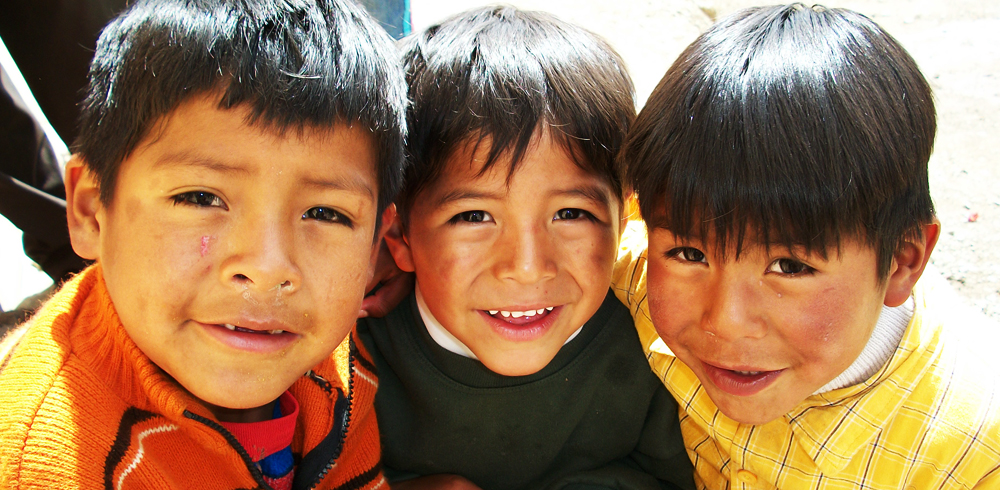
Who is acting collectively? | How it works | Find out more
For a number of years Viva ran a programme called ‘Early Encounter’ working to prevent children and adolescents from developing a street-lifestyle. This formed the basis for our current work with street children. We train families, churches, ministries, organisations, government and community to work with vulnerable children and young people so they can realise God‘s purposes for their lives.
Networks that choose to run this programme are committed to the vision and mission of developing a city-wide strategy to respond to the issues faced by children living and working on the street (and other at risk children). While organisations in the network all have a Christian value base, the network also engages with other bodies that share a common goal of creating an environment where children’s lives are valued.
Street children’s programmes are implemented by network members, usually who are part of a working group focussed on changing the situation for street children.
To work towards a city-wide strategy, the network must engage a range of actors. A point person needs to be appointed to coordinate the programme with technical support and advice from the Network Consultant.
Commitment from the local church is central to the success of the programme. The network starts by engaging its own members and then the churches who are not yet connected to the network to encourage the concept of holistic mission and engaging with children’s issues through activities such as workshops and the World Weekend of Prayer.
We encourage church involvement by asking members of the congregations to volunteer and actively contribute to the programme. Some church-run projects are also integrated into the network, and pastors are encouraged to act as mentors and supporters of project leaders.
The Early Encounter methodology was developed after World War II to respond to the plight of children living in railways in Europe and has subsequently been used by a number of different organisations as a prevention strategy for street children. We have adapted this approach for networks to intercept children as early as possible in the process to prevent, detect and respond to their needs as they consider or move to living on the street.
All churches and organisations engage in the Quality Improvement System (QIS) programme enabling them to reach foundational quality standards in Child Protection, People Care, Financial Accountability, Project Planning and Design, Governance and Child Wellbeing. This is to ensure that as children are helped or rescued there is a series of minimum standard in place to ensure they experience no further harm.
To have the most relevant approach, Early Encounter engages young people who have been helped by the programme in the design, planning and implementation of the programme activities. All projects involved in Early Encounter democratically elect two children from the project that they wish to represent their project as Child Ambassadors.
The Child Ambassadors not only represent their own projects but also develop community projects in which they participate in outreach on issues such as child abuse and HIV/AIDS prevention. Monthly meetings are organised and led by the ambassadors with the help of an adult facilitator who provides training and general orientation support. The ambassadors represent their projects before governmental bodies, professional athletic departments as well as churches and NGOs.
The programme has 3 main approaches:
1. Prevention: We work with families to strengthen the family unit and prevent children from entering a street lifestyle through workshops on child protection, safeguarding children and raising public perceptions about preventing family breakdown.
Network members also run day care or education-based programmes for children at risk of working or living on the streets.
2. Detection: ‘Key Contacts’ such as churches, pastors and congregations, families, other children and adolescents, authorities, teachers, project workers, taxi drivers or street workers identify children or adolescents who are vulnerable or are new to living/working on the street. These children are also the ones targeted by those who seek to exploit them at the point at which they are most vulnerable and desperate.
3. Response: A referral system through the network is able to direct children detected through Street Outreach work to appropriate programmes that will support their needs including Street Education and Counselling, drop in centres and/or short term residential options. Children get wise and can play the system so a more detailed referral process between agencies (only really possible through a coordinated network) also saves considerable duplication.
If you would like to find out more about Early Encounter we would love to hear from you. Please contact us on (+44) 1865 811 660 or info@viva.org
